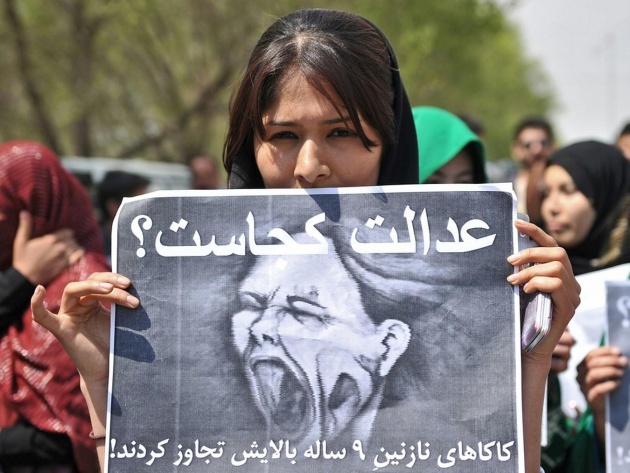What would you do if you had your human rights revoked or worse, if you’ve never had them in the first place? I think we can all agree, we would put up quite a fight if such a situation were ever to happen.
Well, this exact situation is what Afghan women have to fight with on a daily basis. You see, even though we assume all is well in Afghanistan following the fall of the Taliban regime in 2001, there remain many disparities between expectation and reality in terms of the political and human rights laws available for women in Afghanistan.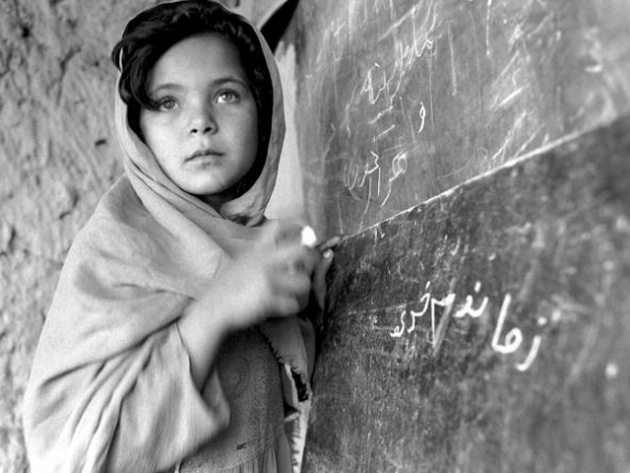
Following the fall of the Taliban regime, we expected a stronger enforcement of women’s rights; however, the opposite reigns true especially when considering the horrid Shia Family Law, enacted in 2009.
Even though the Shia population accounts for a minority (20%) of the Afghan population, the barbaric revisions to the rights of women were felt across the country.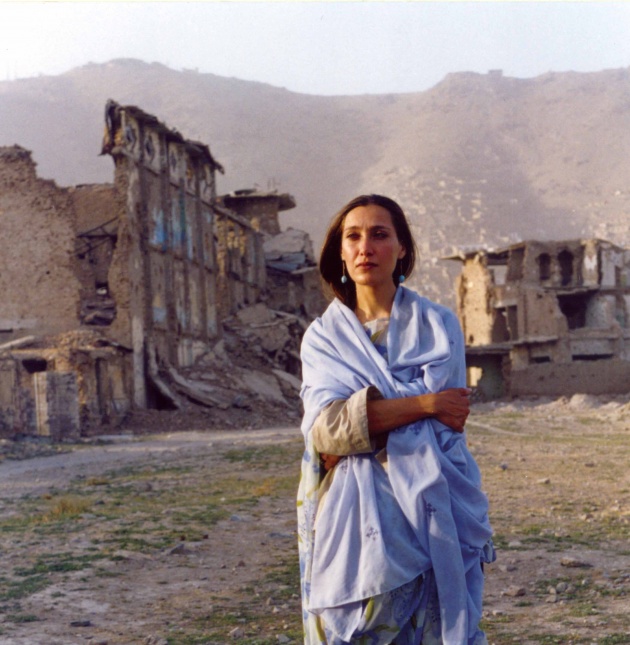
Just to place things in perspective, 20% equates to a little less than 6 million Shia citizens, which is a lot of people. So what exactly doe the Shia Family Law allow? Well for men, practically every inhumane and barbaric act possible.
For instance, Shia men are now given the political right to forbid women to work or receive an education without their explicit permission, marital rape, and forbids women to leave the house without the husband’s permission except in extreme cases.
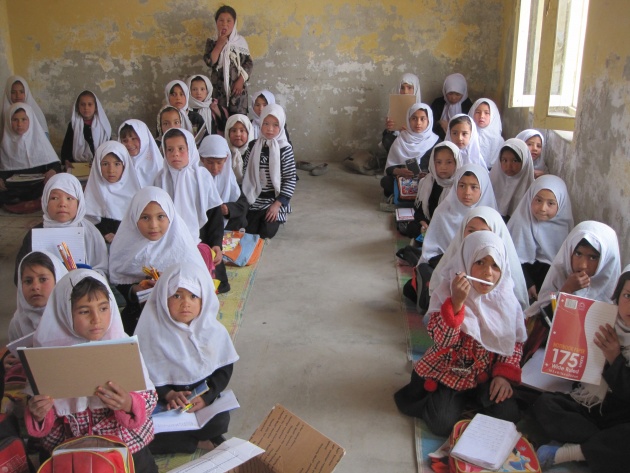
Worst of all, President Hamid Karzai is the primary reason for the revival of these horrid laws, which were supposed to be eradicated along with the fall of the Taliban government.
So where do we go from here? Well, the key to any form of solution for the future is education. We may have heard this over and over again and the primary reason why it appears so redundant is because it is true.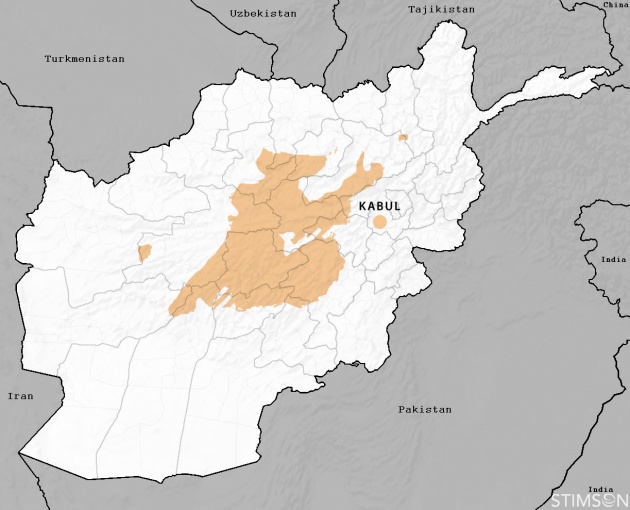
Afghan girls rarely finish elementary school and continue after the 6th grade. Here lies the problem. Both boys and girls need access to an education for an extended period of time if we want to see any solid improvements for the country.
If more boys receive an education, they are more likely to approve of women’s rights and the extended education of girls throughout the country, which will ultimately translate to the political system.
This isn’t a quick and easy process. It will take time. But I believe it is possible and very realistic if little boys and girls are merely given and have access to an education. 